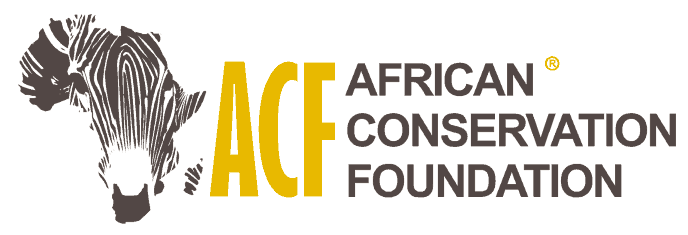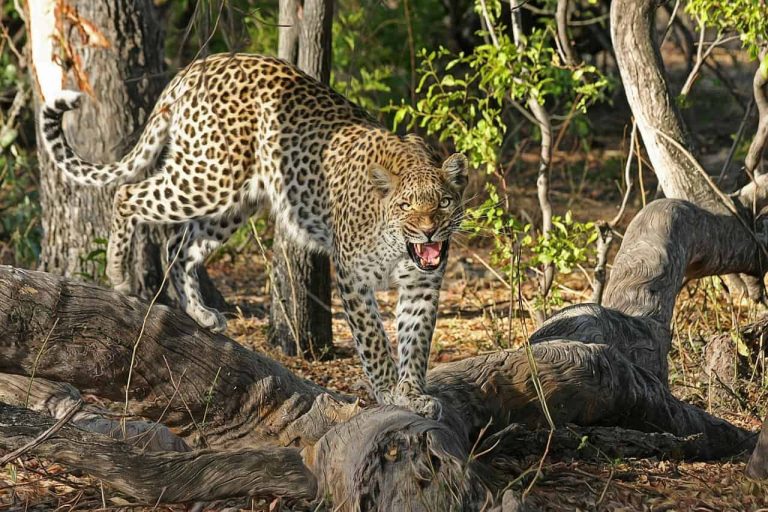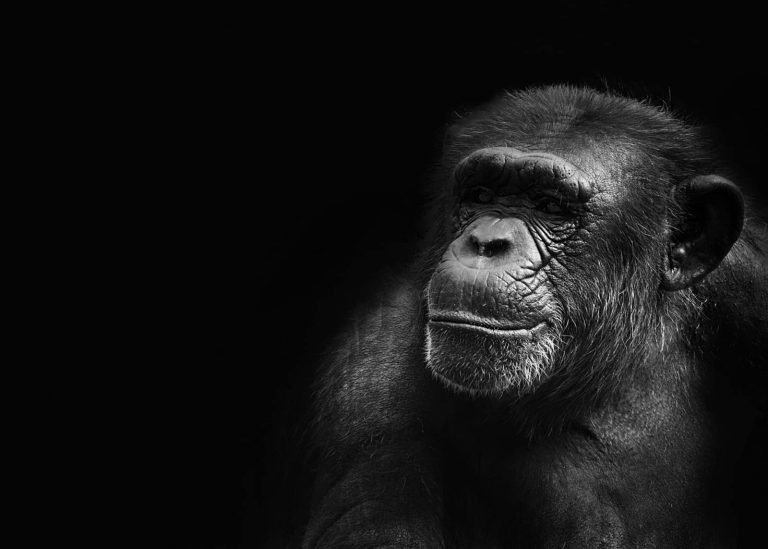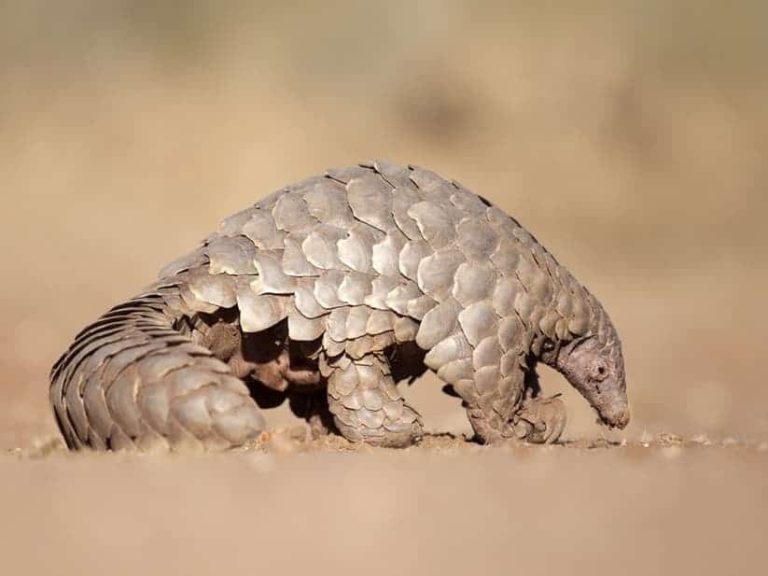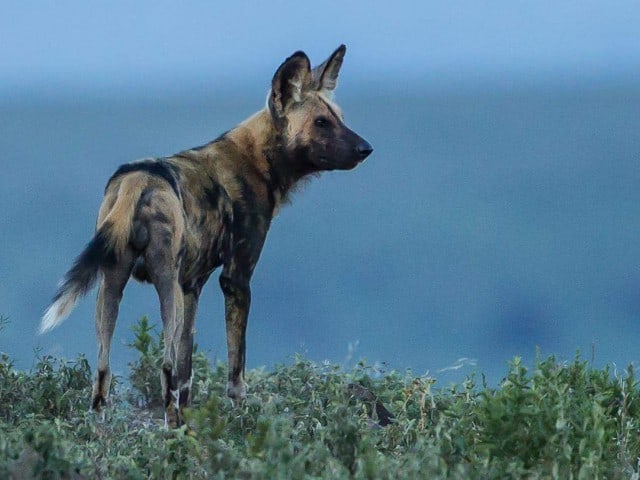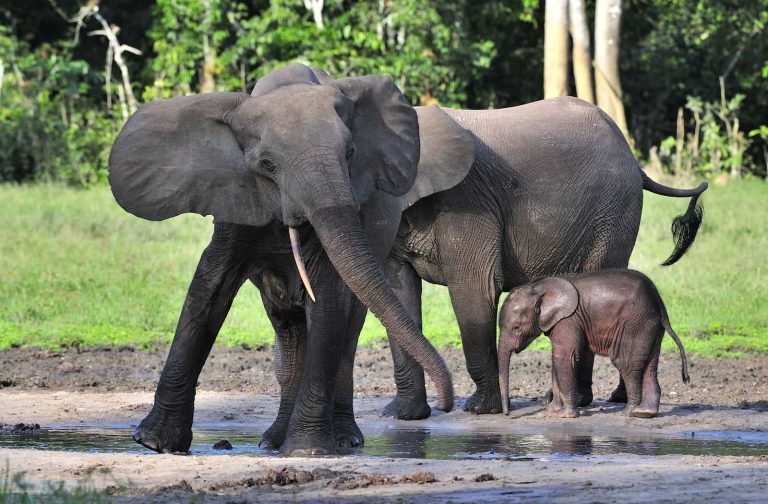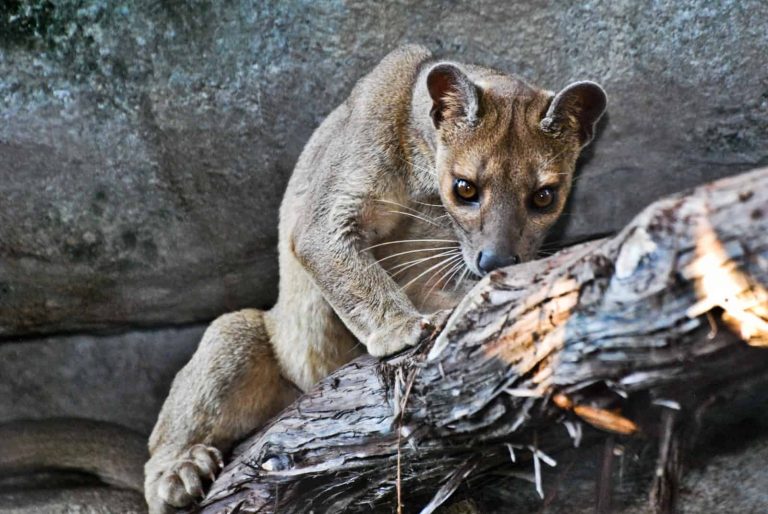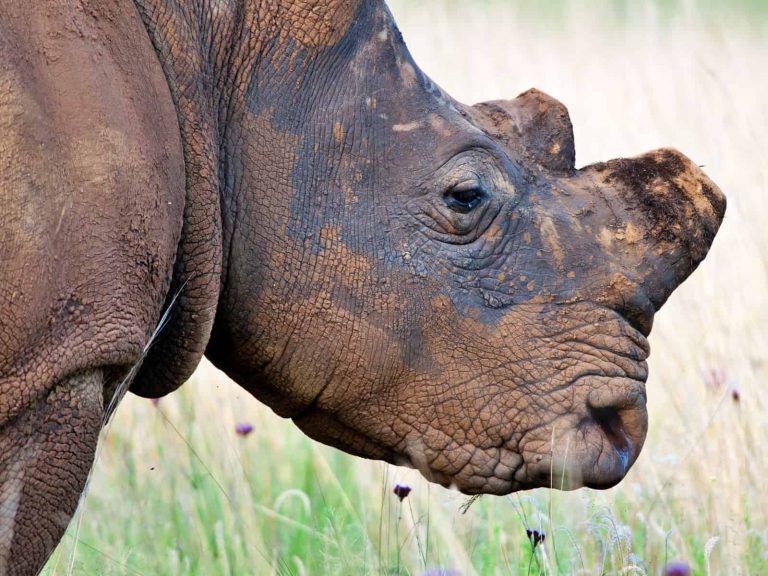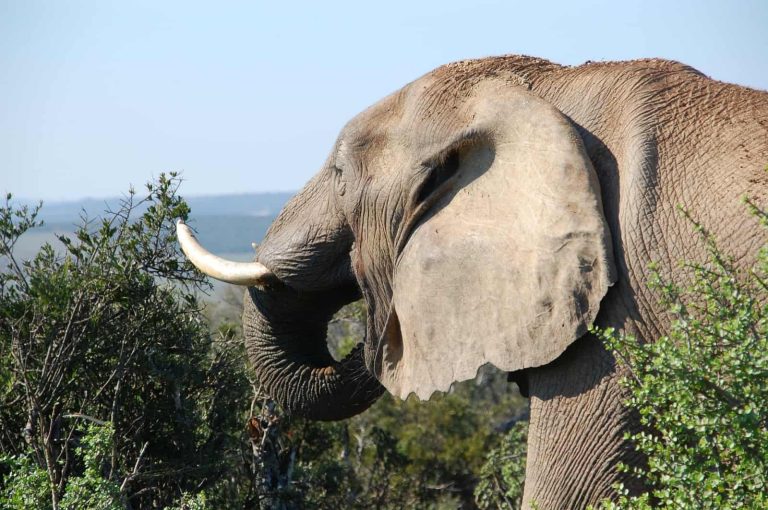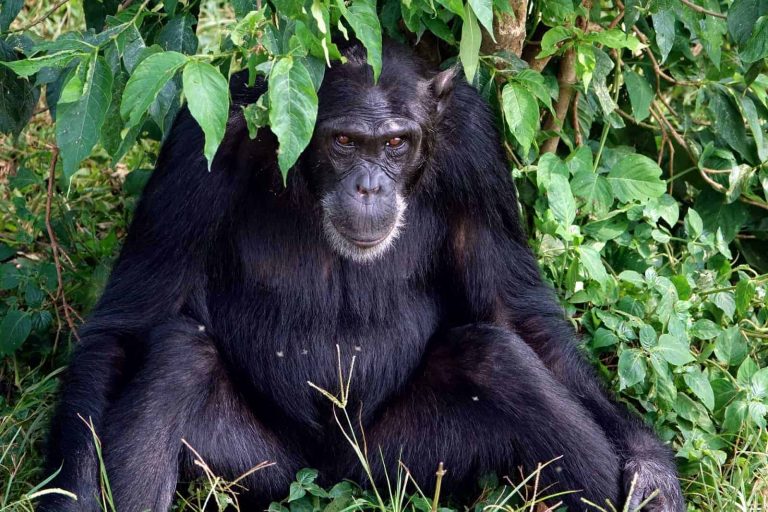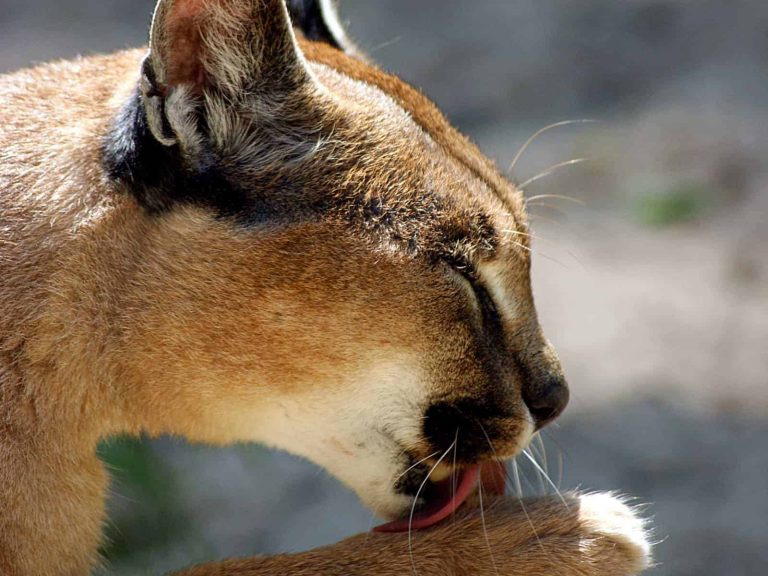Ecology of fear: Cascading impacts of local extinction of large-carnivores in an African savanna ecosystem
A team of Princeton ecologists took advantage of a rare opportunity to study what happens to an ecosystem when large carnivores are wiped out. “Large carnivores play a critical, and disproportionate, role in their ecosystems, and their populations are declining worldwide,” said Justine Atkins, a graduate student in ecology and evolutionary biology at Princeton. “However,…
